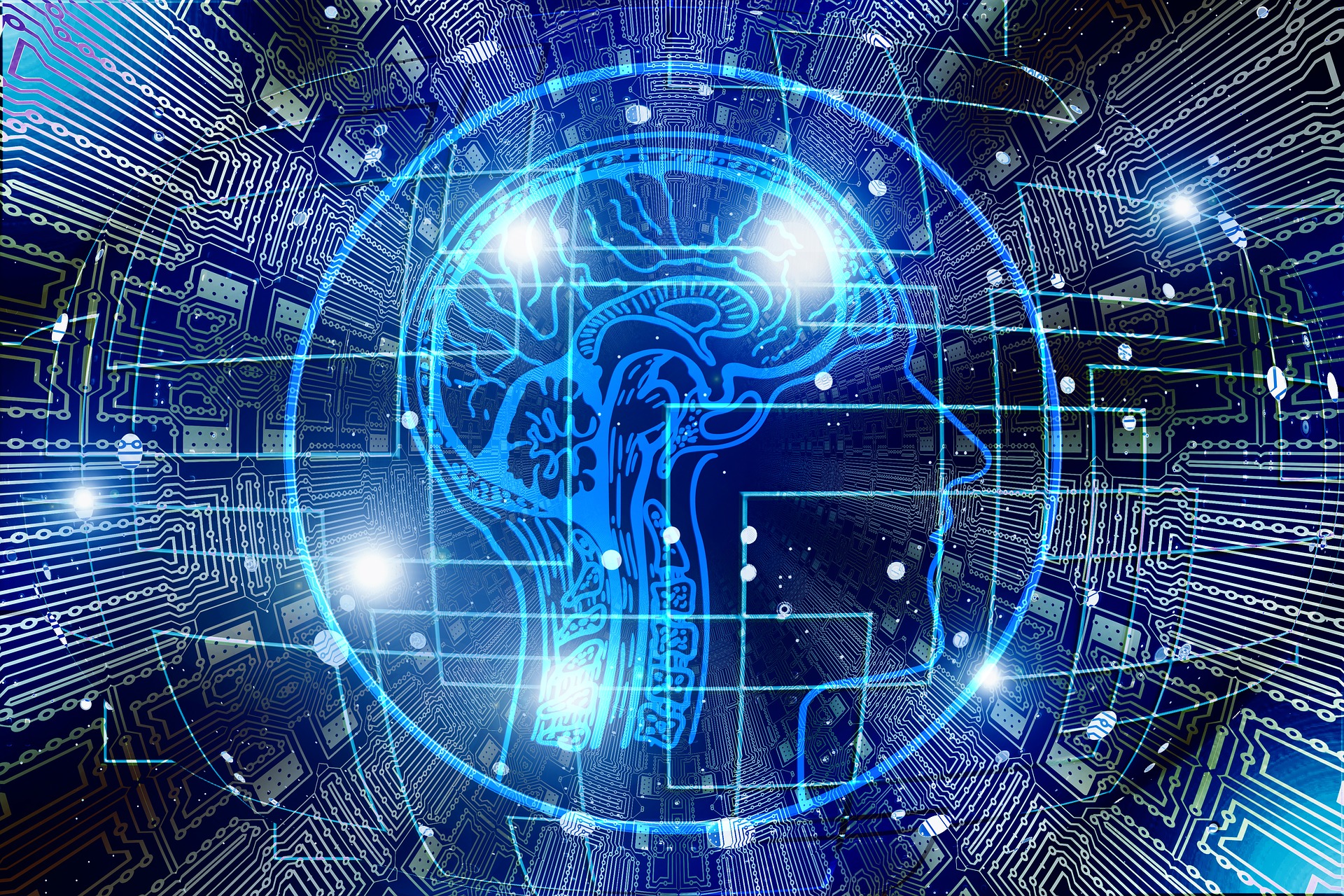
By: Expert Contributor | Updated on: 2025-08-10
The relentless march of technological innovation is reshaping industries at an unprecedented pace. From artificial intelligence revolutionizing healthcare and personalized medicine to blockchain transforming finance and supply chain management, the impact is undeniable and far-reaching. This transformation extends beyond individual sectors, fundamentally altering how we live, work, and interact with the world. Understanding these advancements, their implications, and the potential future they hold is crucial for businesses and individuals alike to thrive in this rapidly evolving landscape. This exploration delves into the core concepts of innovative technology and its transformative effects across various sectors, examining both the opportunities and the challenges this technological revolution presents.

Key Takeaways
- Innovative technology is driving unprecedented efficiency, productivity gains, and entirely new business models across numerous sectors, leading to significant economic growth and societal shifts.
- A recent study shows a 30% increase in productivity for companies adopting AI-powered solutions, highlighting the substantial return on investment associated with technological advancements. This improvement stems from automation of repetitive tasks, improved decision-making based on data analytics, and the creation of entirely new revenue streams.
- The successful adoption of innovative technologies requires a proactive approach, encompassing continuous learning, strategic investment, skilled workforce development, and a commitment to adapting business strategies to leverage these advancements. Failure to adapt risks obsolescence and competitive disadvantage in the rapidly evolving market landscape.
Table of Contents
- Understanding Technological Disruption
- Innovative Technology: Shaping the Future of Business
- Frequently Asked Questions (FAQ)
- Conclusion
Understanding Technological Disruption
The current technological revolution is unlike any other in history, driven by a powerful convergence of factors: exponential growth in computing power, the unprecedented availability of vast datasets (big data), and the sophistication of algorithms capable of processing and interpreting this data. This confluence allows for the creation of highly complex and interconnected systems, enabling solutions to previously insurmountable problems in fields ranging from medicine and materials science to climate modeling and financial risk management. This disruption is not limited to individual industries; it is reshaping the very fabric of how we live, work, and interact with the world, creating both immense opportunities and significant challenges for businesses and individuals. The speed of this transformation necessitates a continuous process of adaptation and learning. The ability to quickly integrate and leverage new technologies is increasingly becoming a critical factor in determining a company’s success or failure.
“The pace of technological change is accelerating exponentially, and we must adapt not just incrementally, but fundamentally, to remain competitive and relevant.” – Expert Contributor
Innovative Technology: Shaping the Future of Business
Innovative technology is not merely about new gadgets; it represents a fundamental shift in how processes are designed, how businesses operate, and how value is created and delivered. This transformation encompasses several key areas, each with its own unique potential to reshape various industries:
-
Artificial Intelligence (AI): AI-powered systems are automating tasks, providing predictive analytics, and personalizing user experiences across numerous sectors. In healthcare, AI assists in diagnosis, drug discovery, and personalized treatment plans. In manufacturing, it optimizes production lines and predicts equipment failures. In customer service, AI-powered chatbots provide 24/7 support and personalized recommendations. The impact of AI is pervasive and continues to expand rapidly.

-
Machine Learning (ML): A subset of AI, ML algorithms analyze vast datasets to identify patterns, make predictions, and improve performance over time without explicit programming. This allows for continuous improvement in areas such as fraud detection, risk assessment, and predictive maintenance, leading to more efficient and effective operations across various industries. ML’s ability to learn from data makes it particularly powerful in handling complex and evolving systems.
-
Blockchain Technology: Blockchain offers secure, transparent, and decentralized transaction processing, transforming industries like finance (cryptocurrencies, decentralized finance), supply chain management (tracking goods from origin to consumer), and digital identity verification (secure and verifiable digital identities). Its decentralized nature enhances trust and security, reducing the need for intermediaries and increasing efficiency.
-
Internet of Things (IoT): The interconnectedness of devices generates a massive volume of data, providing valuable insights for analysis and automation. IoT applications optimize efficiency and resource allocation across diverse sectors, from smart homes and cities to industrial automation and precision agriculture. The data generated by IoT devices fuels the development and improvement of AI and ML algorithms.
-
Quantum Computing: While still in its nascent stages, quantum computing holds the potential to solve incredibly complex problems beyond the capabilities of classical computers. This could revolutionize fields like drug discovery, materials science, and cryptography, leading to breakthroughs that are currently unimaginable. Although still in its early stages, the potential impact of quantum computing is immense and warrants close attention.

-
Extended Reality (XR): Encompassing virtual reality (VR), augmented reality (AR), and mixed reality (MR), XR technologies offer immersive experiences with applications across training, design, entertainment, and even healthcare. XR is rapidly evolving and promises to reshape how we interact with the digital and physical worlds.
💡 Pro Tip: Conduct a thorough industry analysis to identify the specific technological advancements most relevant to your business. Develop a phased implementation strategy that addresses potential challenges and maximizes the return on investment.
Frequently Asked Questions (FAQ)
What are the biggest challenges in implementing innovative technology?
Implementing innovative technology presents several significant challenges. High initial investment costs require careful financial planning and justification of ROI. The need for skilled personnel necessitates investment in training and recruitment of specialized talent. Potential security breaches demand robust cybersecurity measures and data protection strategies. Effective data management requires sophisticated systems and strategies to handle the vast amounts of data generated by these technologies. Ethical considerations surrounding AI and data privacy must be addressed proactively. Successfully navigating these challenges requires careful planning, a phased approach, including pilot projects, and a commitment to ongoing training and development for both employees and leadership.
Conclusion
Innovative technology is not merely a trend; it is the engine driving the next phase of societal and economic evolution. By understanding its impact, embracing its potential, and proactively adapting to its challenges, businesses and individuals can position themselves for success in this dynamic landscape. Continuous learning, strategic investment, a commitment to workforce development, and a forward-thinking mindset are essential to harnessing the transformative power of innovative technology and shaping a future defined by progress, prosperity, and responsible innovation. Ignoring this technological shift is not an option; proactive engagement is crucial for survival and success in the 21st-century economy.